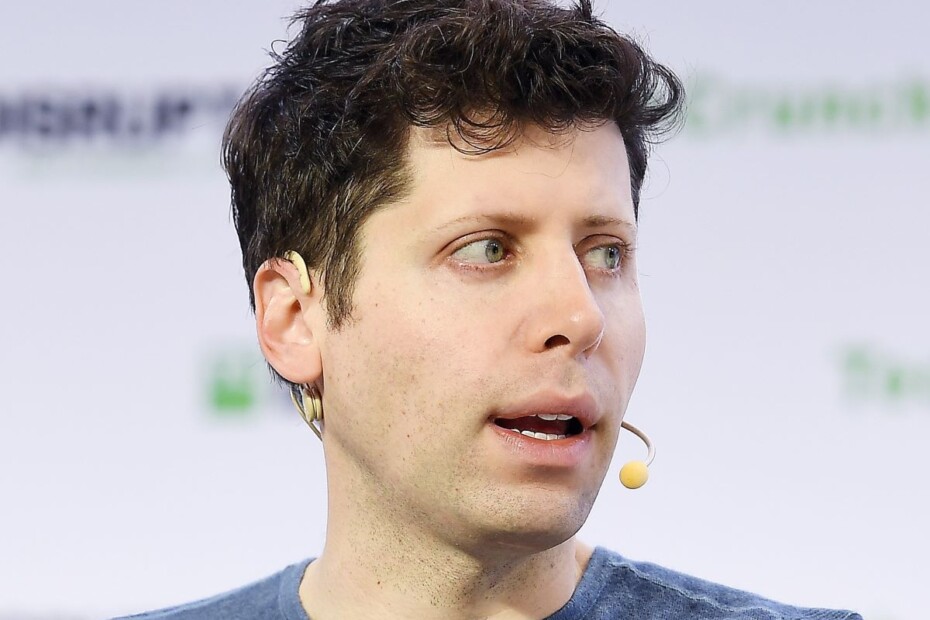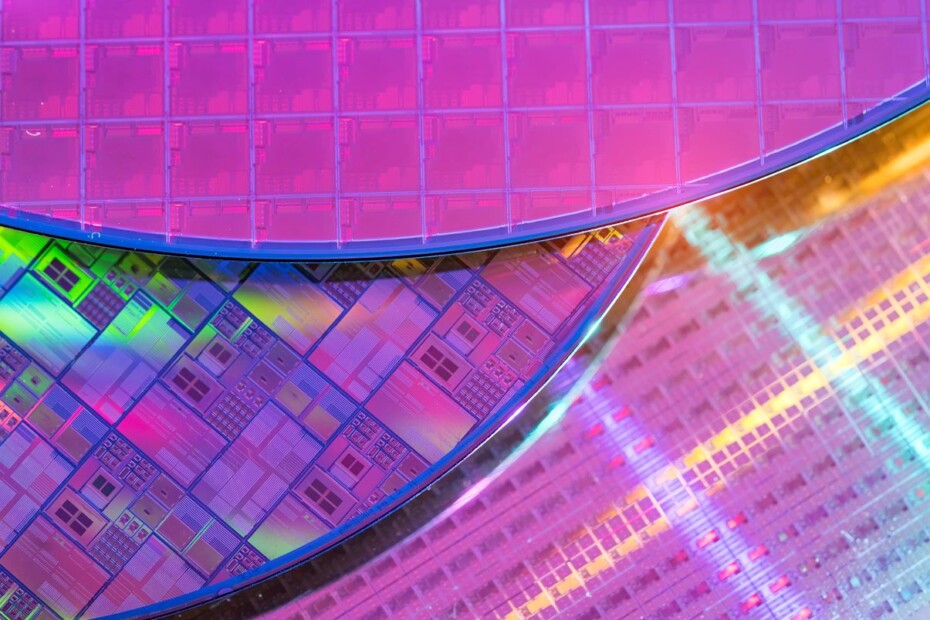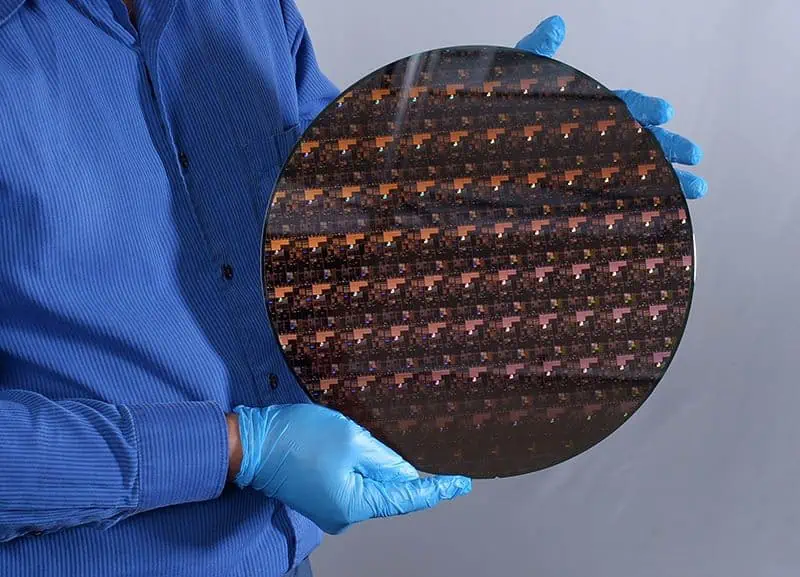By David Benjamin
“Sgt. Schulz: How do you expect to win the war with an army of clowns?
“Lt. Dunbar: We sort of hope you’d laugh yourselves to death.”
—Sig Ruman and Don Taylor in Stalag 17
I can’t help but sympathize with the writers’ strike in Hollywood. The news is that the script writers and screenplay authors in the movie biz, as well as those who write copy and compose jingles for commercials, are spooked about the adoption — by the film, television and streaming industries — of “generative artificial intelligence (AI),” the clever technology that powers ChatGPT and its brethren.
AI apps that mimic human speech and writing and devise deceptively realistic photos and video are, by their nature and function, an affront to those of us who have put in years of miserably remunerative labor over notebooks and keyboards as we evolve into good writers.
On the other hand, we’re talking Hollywood, where the vast bulk of the writing, by order of the powers that be, is only sporadically — often accidentally — “good,” and might not even be anthropomorphically “generative.” How many sincere and gifted “content providers” are allowed, in the risk-averse, copycat culture of film and TV production, to be actually and palpably inventive?
Read More »Regressive AI 








